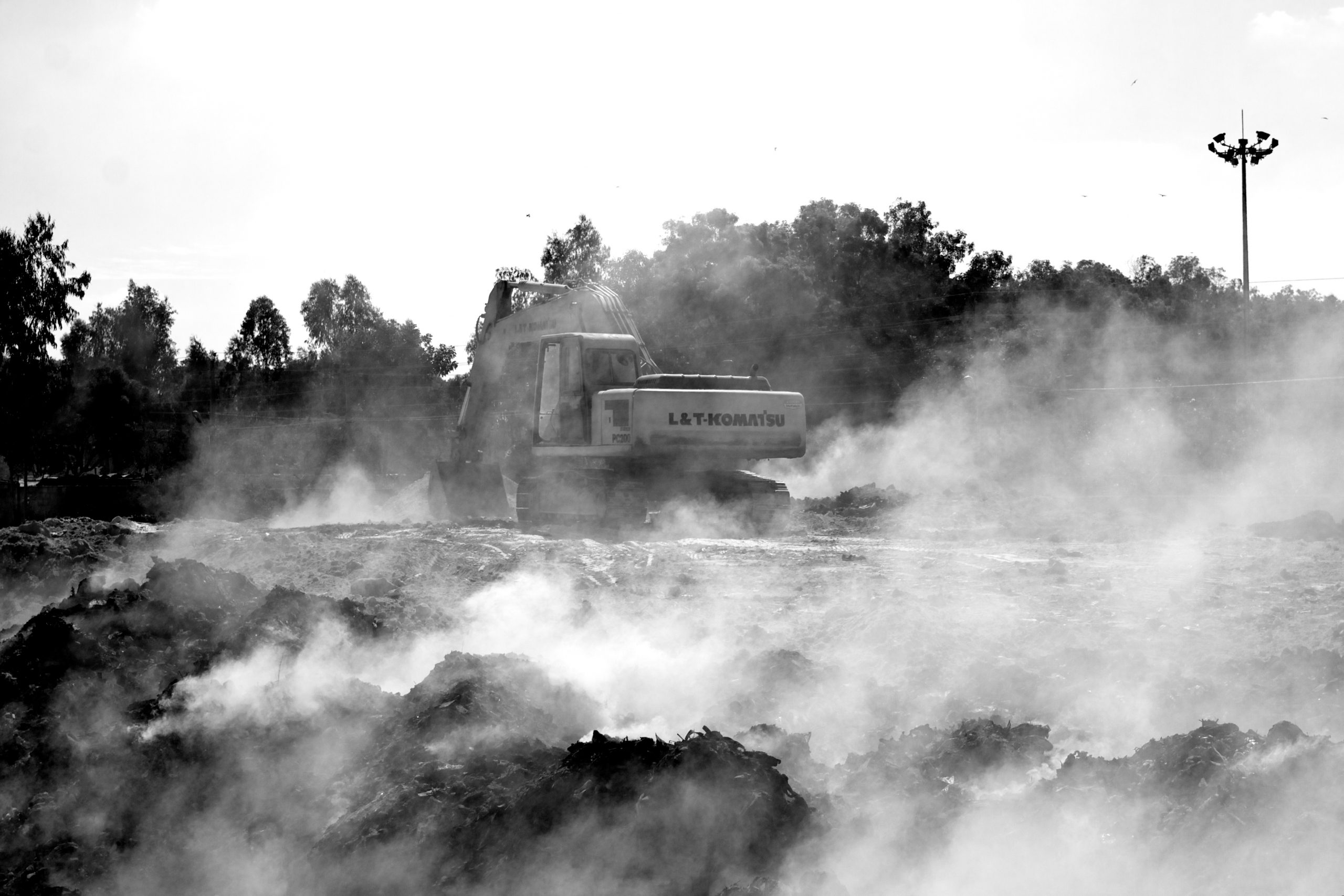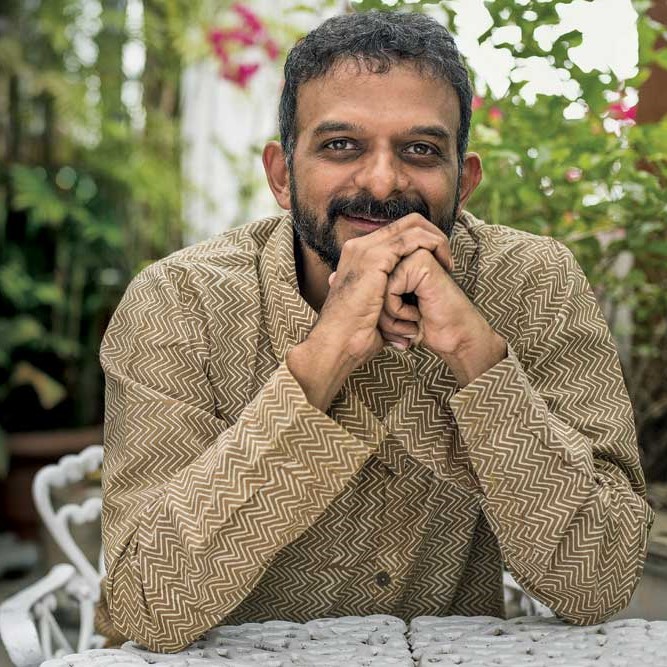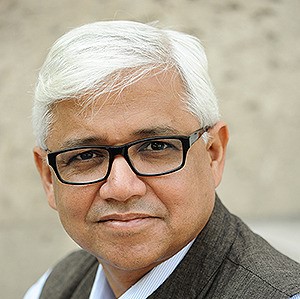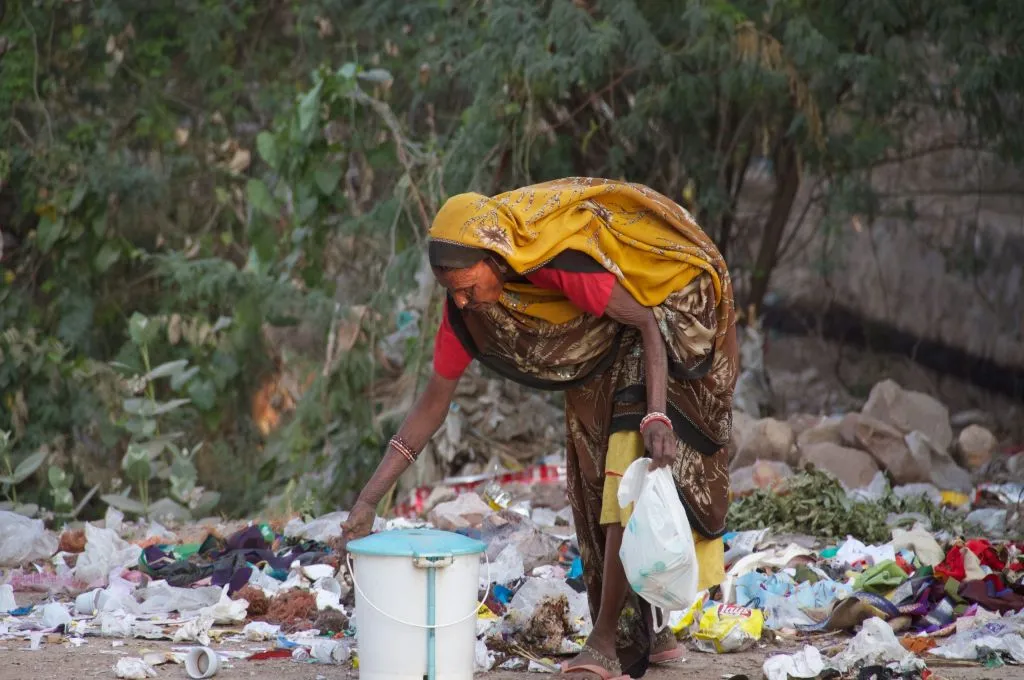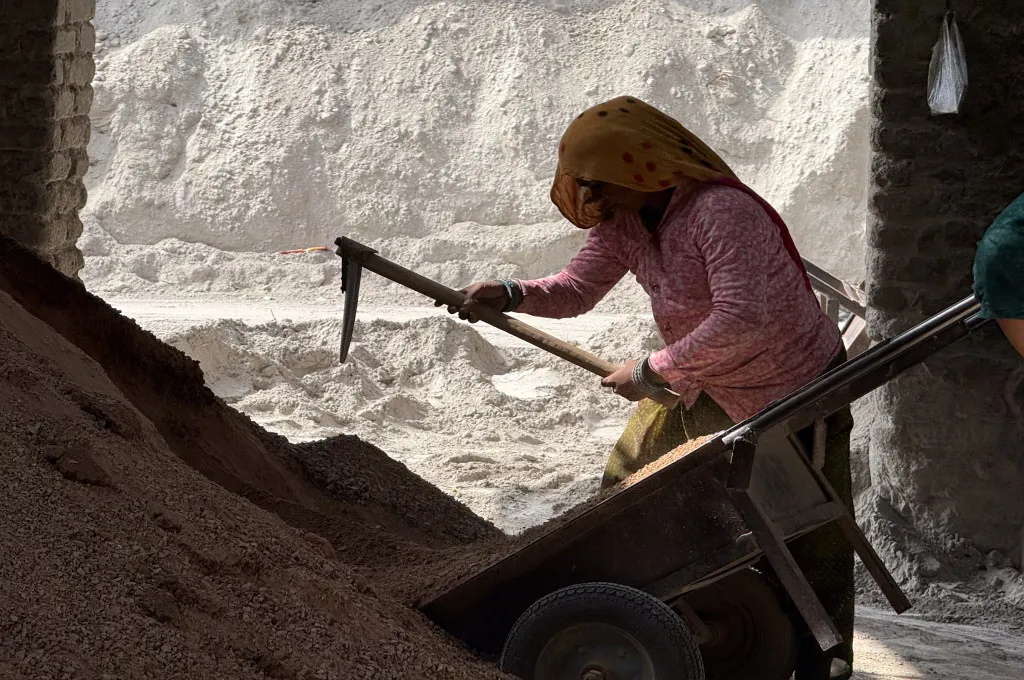Another election is upon us, and we are preoccupied with some matters that are grave and many that are not. But noticeable by its absence in any of the manifestos and declarations by political parties is a debate about the future of human civilisation.
In October 2018, UN’s Intergovernmental Panel on Climate Change (IPCC) warned that without radical course correction, the world will exhaust its carbon budget to keep global temperature increase below 1.5°C by 2030, just two general elections away. Any increase above that will trigger runaway changes to global climate that could leave large portions of the planet uninhabitable.
That is not all. In March 2019, UN’s Intergovernmental Science-Policy Platform on Biodiversity and Ecosystem Services (IPBES) warned that human societies are using up nature faster than it can renew itself and compromising its ability to sustain life on the planet.
A myopic preoccupation
Scientists reassure us, though, that it is still not too late to avert the worst-case scenarios of ecosystem collapse and a climate-run riot. But for that, the world would need to reframe its engagement with climate change and abandon its myopic preoccupation with greenhouse gas emissions and carbon budgets.
Real resilience will result only from improving the health of the lands they live in and depend on.
India’s obsession with 100 GW solar electricity targets may fetch high ratings from the international green energy cheerleaders. But that alone will do nothing to fortify ordinary Indians from the impending disasters. Real resilience will result only from improving the health of the lands they live in and depend on.
Around the world, governments, multinational charities and technology companies are peddling a simplistic story of false solutions — that crisis can be averted by changing the fuel that powers our economy. By themselves, renewable energy systems will not make an inherently unsustainable economy sustainable or correct an unjust social system. They may even make it worse.
In December 2018, during the climate summit in Katowice, Poland, the Environment Minister declared that India was on track to meet its climate goals ahead of the deadline. The same government is also changing laws to dilute environmental protection, facilitate corporate land grabs, disempower local communities and criminalise any dissent against its grand schemes.
In March 2019, the Union government proposed amendments to the Indian Forest Act, 1927, that will make the draconian Act even harsher. According to Campaign for Survival and Dignity, “These amendments would give forest officials the power to shoot people without any liability; allow forest officials… to relocate people against their will; to hand over forests to private companies for afforestation, and to grab other forests in the name of ‘carbon sequestration’”. These amendments are a targeted attack on forest dwellers; if passed, they will criminalise the cultures that hold the key to rebuilding our broken relationship with nature.
Related article: IDR Interviews | Lalsu Nogoti
In February 2019, the Coastal Regulation Zone Notification, which regulates “development” along India’s 7,500-km shoreline, was diluted to allow denser construction closer to the sea. The notification cites tourism jobs to justify the construction of temporary facilities within 10 m of the waterline. Mega infrastructure, such as ports and roads, will be permitted anywhere — inside the sea, over dunes, through mangroves and tidal marshes — if they are declared to be “strategic” projects.
These are hare-brained policies. Even the government acknowledges that sea levels can rise by 3.5 to 34.6 inches by 2100 and inundate India’s coastline. How India handles land use change, not climate change, will decide whether it can improve the lot of millions without warming the world.
Grassroots campaigns
Across the country, people are rising up to protest against certain kinds of ‘development’ — for example, the Mumbai coastal expressway, and the proposed ports in Ennore and Kanyakumari. Farmers are mobilising against the bullet train, and indigenous people are fighting against the opening up of forests for mines and dams.
Although these fights may have positive consequences for the climate, they have never been explicitly about reducing the kinds of greenhouse gas emissions associated with ‘development’. Rather, they are about how we relate to the lands that sustain us and who gets to define ‘development’.
Even today, agrarian and indigenous cultures acknowledge the importance of open, unbuilt spaces. The medieval Tamil word ‘Poromboke’ refers to communally held commons such as water bodies, grazing lands and community forests. Unlike the free-for-all landscapes referred to in predicting a tragedy of the commons, Poromboke lands are carefully managed to yield value to the community, and subject to strict regulation. Poromboke lands cannot be bought or sold. Barring a few exceptions, they cannot be paved over nor covered by a roof.
Related article: The need to invest in climate change education
Far from advocating for pristine nature or a hands-off approach, open earth economies emphasise management, transformation and value extraction through activities that do not kill the proverbial goose that lays golden eggs. The opposing and dominant world view of the ‘developmentalists’ is predicated on the value of built infrastructure, and requires the constant colonisation of open land.
Paved surfaces, the hallmark of built-earth economies, disrupt water flows, reduce groundwater recharge and obliterate biodiversity. Such economies impoverish local communities and increase their vulnerability to natural shocks. In places like Chennai, which witnessed disastrous flooding in 2015, paved surfaces increased from 47 sq km in 1980 to 402 sq km in 2010, according to a study by the Chennai-based research group Care Earth. Meanwhile, wetlands dipped from 187 sq km to 71 sq km during the same period.
What is desperately needed at this moment is a manifesto for the protection of the commons and open lands.
Urban flooding, though, is not only a third world phenomenon. Hurricane Sandy and the New York floods of 2015, the European floods of 2016, the 2017 floods in Mumbai and Houston, the 2018 floods in Japan, and the ongoing flooding of the Missouri in the U.S. all expose the vulnerabilities of urban areas where climate change meets mindless land use change. In all these instances, land had been paved over, unmindful of the need for water to flow and stay.
For all the rivalry between the political parties contesting the elections, there is a remarkable homogeneity of thought on matters relating to ecology and economy, and lack of thinking about India’s future. What is desperately needed at this moment is a manifesto for the protection of the commons and open lands, and for the re-creation of economies that derive value out of healing wounded landscapes and covering open lands with diverse vegetation, water and life. For this, we need to defer to the Constitution and ensure that those who are challenging ‘development’ projects like the bullet train can speak without fear.
This article was originally published on The Hindu.

